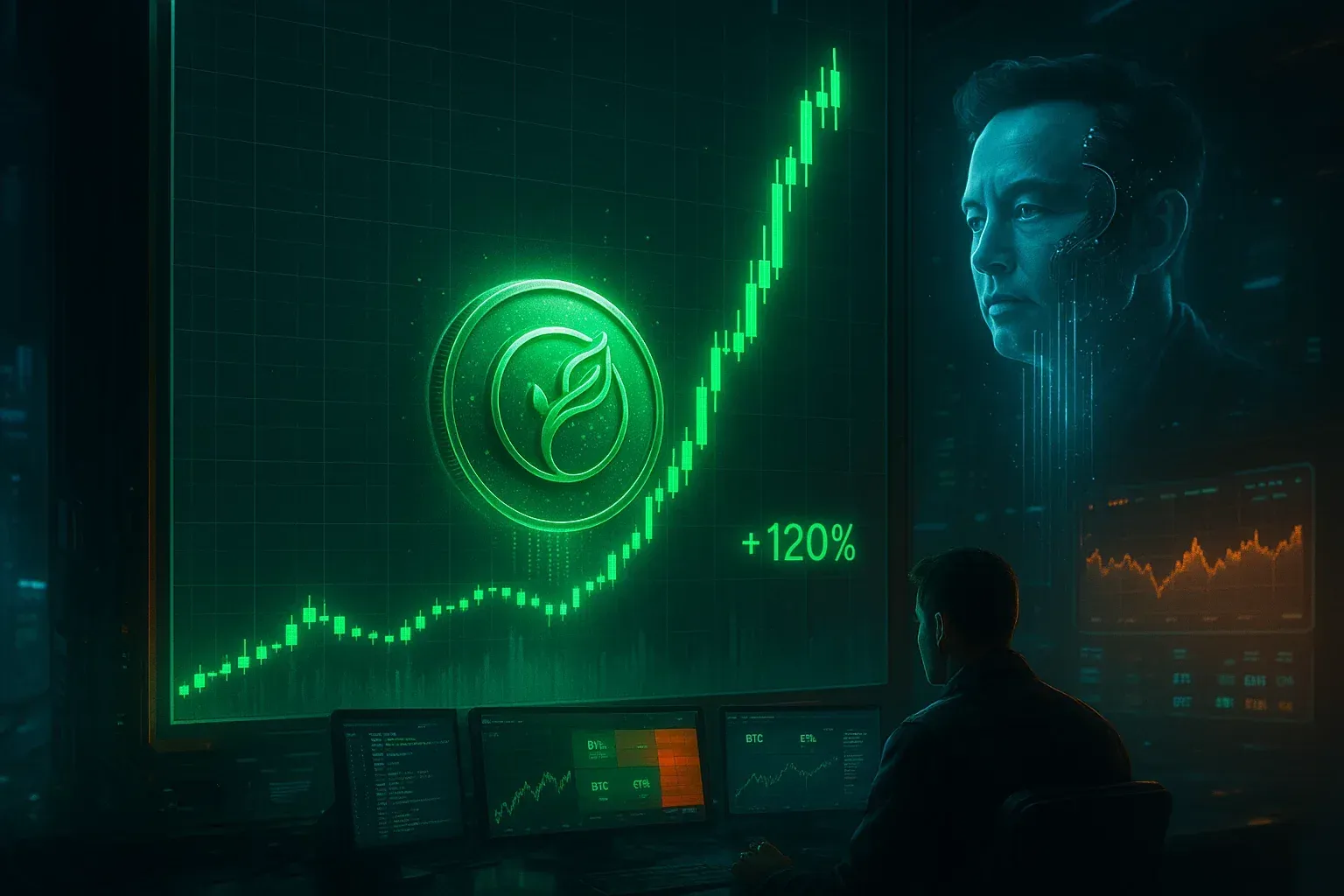The 26 March was an important date for the cryptocurrency world. And also for Apple, the tech giant that very often ends up on trial for one reason or another. Specifically, this time, a Californian court had to rule on whether the company currently led by Tim Cook had imposed hidden fees on cryptocurrency payments.
It all goes back to a class action lawsuit that, in the US, pitted numerous crypto enthusiasts, who wished to pay for Big Apple services with the funds contained within their wallets, against Apple, accused of complicating this service by excluding non-centralised circuits and applying hidden fees.
The Tap to Pay function allows users to pay for Apple Store apps via cryptocurrency, but does not communicate transparently with the e-wallet. Users suspected that Apple was in bad faith and that the disruption was deliberate because the company wanted to avoid payments in coins and was overtaxing them. However, District Judge Vince Chhabria ruled in favour of the Cupertino-based company.
Gas fees obscure
The fear of those wishing to make payments in cryptocurrencies is due to the possession Apple has over its store. Given the operation of such a virtual market, the company that has control of it could take advantage of increases in the costs associated with transactions (those gas fees we described in the SpazioCrypto guide).
The court ruled, however, that the store's regulations avert this risk.
The reasons for the ruling
According to the judge, the class action has obvious problems, which were deemed insurmountable. In fact,it is poorly written and crudely and inaccurately reports certain details relating to agreements between Apple and cryptocurrency payment service providers. Little wonder: these contracts are secret, and it was very easy for the company to prove in court that the information in the possession of the plaintiff was inaccurate.
In light of the company's justifications, and in the face of the erroneous assumptions of the class action, the judge expressed reasonable doubts that the agreements between Apple and the payment networks were not legal. In his view, it could not be proven that the Cupertino company was acting outside the Sherman Antitrust Act, the US law regulating the economic-financial relationship between provider and purchaser of a service.
The court dismantled, almost piece by piece, the arguments of the class action. Above all, it pointed out the entirely speculative aspect of the existence of hidden and inflated fees, such as those that the petitioners in the action had reported in black and white and accused Apple of practising in the dark, due to its agreements with third-party cryptocurrency payment providers.
A possible second round
As per usual practice, the class action plaintiffs will now be given three weeks to rewrite their allegations and resubmit, in front of the court, a document with all the corrections made. Having seen this new version, the court will determine whether there are grounds to proceed against Apple. If nothing is filed, the lawsuit will be automatically dismissed, without any kind of outcome.
Payment in cryptocurrencies-in-apple-environment
The whole class action was set in motion last November. It all stemmed from the fact that users of Venmo, a cryptocurrency payment service owned by PayPal; Google Pay; Cash App and Apple Cash had complained about how these applications prevented the use of decentralised transactions. According to them, the responsibility for this penalising choice was due to the agreements between the aforementioned applications and Apple.
Decentralised transactions are advised against, not prohibited
The company, for its part, replied that, in fact, there are applications on the App Store that allow the exploitation of decentralised cryptocurrency transactions by users who wish to do so.
Bitten Apple made the lawyers behind the class action aware that the guideline 3.1.5, accessible to anyone who can enter the store, suggests that third-party applications rely on official and trusted cryptoexchanges but does not prohibit,or complicate,the exploitation of decentralised transactional systems if the user agrees to proceed through those channels.
In February, Apple warned by email those preparing to take the class action to court of the certain defeat, justifying it with the same reasons later given by the judge. The company demanded that the lawsuit be withdrawn immediately, so that the entire court process could be avoided. The petitioners nevertheless preferred to go ahead, but met with no success.








